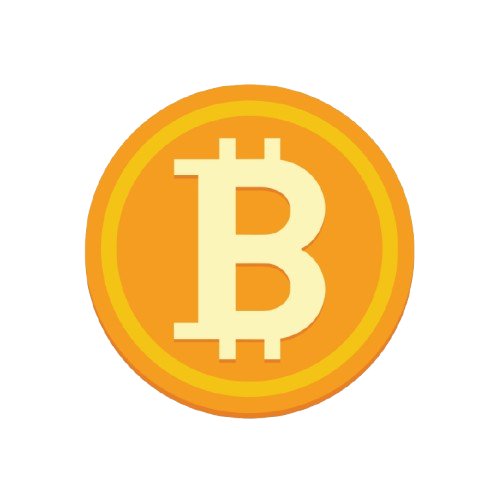
If you own Bitcoin, you might have heard about “forks”, events where the Bitcoin blockchain splits into two. While this can sound concerning, understanding what happens during a fork can help you manage your Bitcoin safely and even take advantage of new opportunities.
What Is a Blockchain Fork?
A blockchain fork occurs when a cryptocurrency’s blockchain diverges into two separate chains due to changes in the protocol rules. This can happen for various reasons, such as disagreements within the community about the direction of the project. There are two main types of forks:
Hard Fork: A permanent divergence in the blockchain, creating two separate chains that are incompatible with each other.
Soft Fork: A temporary divergence that is backward-compatible, meaning the new chain can still recognize transactions from the old chain.
Will I Lose My Bitcoin During a Fork?
Generally, no. Your Bitcoin remains secure during a fork, provided you follow best practices. How the fork affects your wallet depends on how you manage it. If you control your private keys through a hardware or self-custody wallet, you can access both chains after a hard fork. If your Bitcoin is on an exchange, the exchange may handle the fork for you, but not all exchanges support every fork, and some may not credit you with the new tokens. Always check your exchange’s policies before a fork.
Do I Get Free Coins from Both Chains?

In many cases, yes. After a hard fork, holders of the original cryptocurrency often receive an equivalent amount of the new cryptocurrency. For example, Bitcoin Cash (BCH) was created as a result of a hard fork from Bitcoin in August 2017. Bitcoin holders at that time received an equivalent amount of BCH. Later, in November 2018, Bitcoin Cash split into Bitcoin Cash ABC and Bitcoin SV (BSV), and BCH holders received an equivalent amount of BSV.
Receiving these new coins depends on your wallet’s compatibility. Not all wallets support every forked coin, so it is important to ensure your wallet can handle the new tokens.
How Forks Can Benefit Wallet Holders
Forks can offer several advantages for wallet holders. They provide access to new coins, which can be an additional asset. Some forks improve the original blockchain’s speed, security, or scalability. Holding coins from multiple chains can also help diversify your investments and reduce risk. For those new to Bitcoin, learning how to buy Bitcoin and store it safely can position them to benefit from potential forks in the future.
Steps to Safely Handle a Fork
To benefit from a fork without risking your assets, follow these steps:
Control Your Private Keys: Use wallets where you control the private keys, such as hardware wallets.
Stay Informed: Follow official announcements from your wallet provider, and reputable news sources about upcoming forks.
Verify Wallet Compatibility: Before a fork, check if your wallet supports the new chain. If not, consider transferring your Bitcoin to a compatible wallet.
Avoid Unnecessary Actions: After a fork, don’t rush to move your coins to claim new tokens, as this can expose you to phishing attacks. Only use trusted services.
Why Your Private Keys Keep You Protected
Private keys are the ultimate proof of ownership of your Bitcoin. If you control them, you can access and manage your coins, including any new coins from a fork. Controlling your keys ensures you can claim your share of a new chain without relying on exchanges or third parties.
Bitcoin Cash and Bitcoin SV

After the Bitcoin Cash hard fork in 2017, holders of Bitcoin received an equivalent amount of BCH. Similarly, after the Bitcoin Cash split into Bitcoin SV in 2018, BCH holders received BSV. However, not all exchanges supported these coins immediately, and some users faced delays or challenges accessing them. This underscores the importance of controlling your private keys and using wallets that support forked coins.
Final Thoughts
Blockchain forks don’t have to be confusing or risky. By understanding how they work and taking simple steps to manage your wallet, you can protect your Bitcoin and even benefit from new coins. Controlling your private keys and staying informed are the best ways to prepare for a fork.